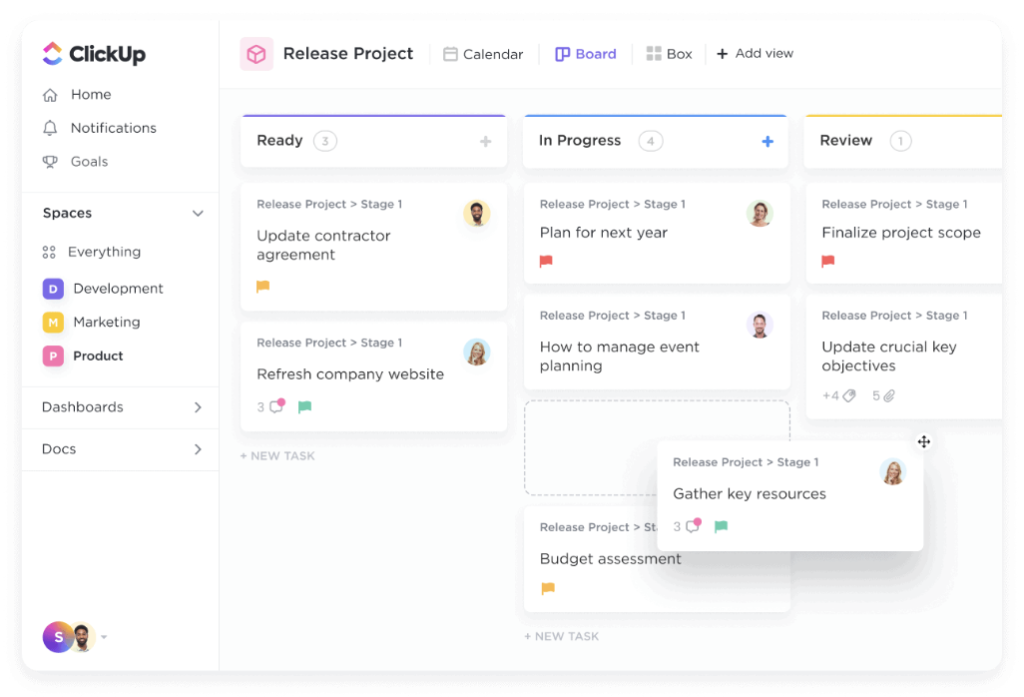This article was written by Ken Leaver who comes from a product & commercial background. He has founded multiple companies and held senior product positions at SEA tech companies like Lazada and Pomelo Fashion.
Now Ken runs his own agency that helps early stage startups with content and traction called End Game.
Guest Author: Ken Leaver
Sometimes the best thing a mature SaaS can do is lay off 75% of their tech team
So I was having this thought today about a tool that I wrote about far more than any other… Clickup.
Many folks know that I love using it and the system by which I manage uses it as a foundation. But for the most part I feel like it’s “good enough” and has been for awhile.
Any extra bells and whistles they add are pretty low value add and incremental. Yet despite this I’d estimate that their tech team is probably at least 300 people (or up to 30% of their 1000+ employees).
It kinda feels like Microsoft Word adding all those extra features the last couple decades that almost nobody used. Because the core feature set had been ‘good enough’ for a long time.

And so to pay for these hundreds of tech staff… Clickup continues to optimize on the revenue side. And this ends up being a lot of customer-unfriendly stuff like:
1- Despite being on a monthly plan i’m contractually obligated for an entire year for each user I add.
2- You get surprise notices that you’ve surpassed the # of automations in your plan and need to upgrade. Thus paying 2x more for each user in order to avoid disruption to your operations.
3- Your annual plan is rolled over without any advance notice and with a full additional year commitment added. When if you had some advance warning you would have probably made some changes to your user count, etc.
These are all what I call “corporate optimisations.” Meaning the more corporate you get.. the more you try to optimize for revenue in these ways that essentially go against what your customer wants.

And I think this is a massive mistake.
A much better move in my view would be to just lay off 75% of the tech team and accept the fact that for most of your users you are ‘good enough.’ And therefore you just focus your tech team on maintenance and the ‘low hanging fruit’ features.
Meanwhile the cost reduction allows you to do the right thing by the customer and get rid of all these “corporate optimisations” while still raking in a nice profit for your shareholders.

Are they likely to do this? Of course not.
But in hindsight years from now… I think they will have realized it was the right move. Let’s see if I end up being right.









